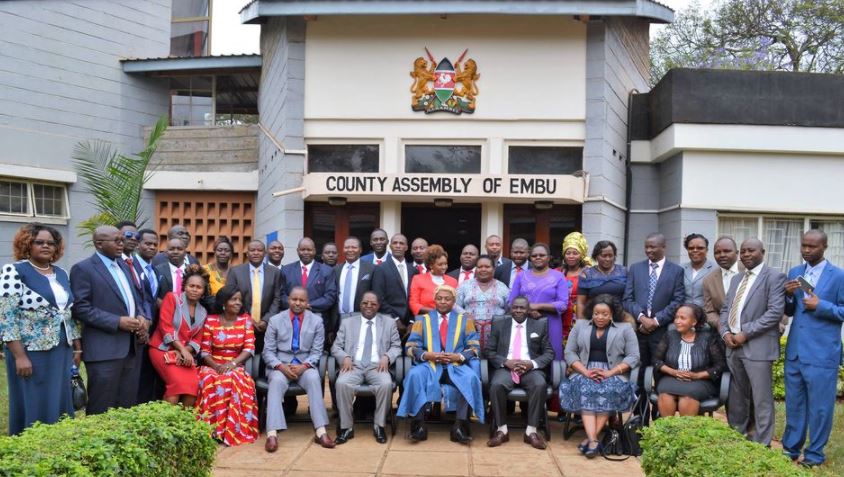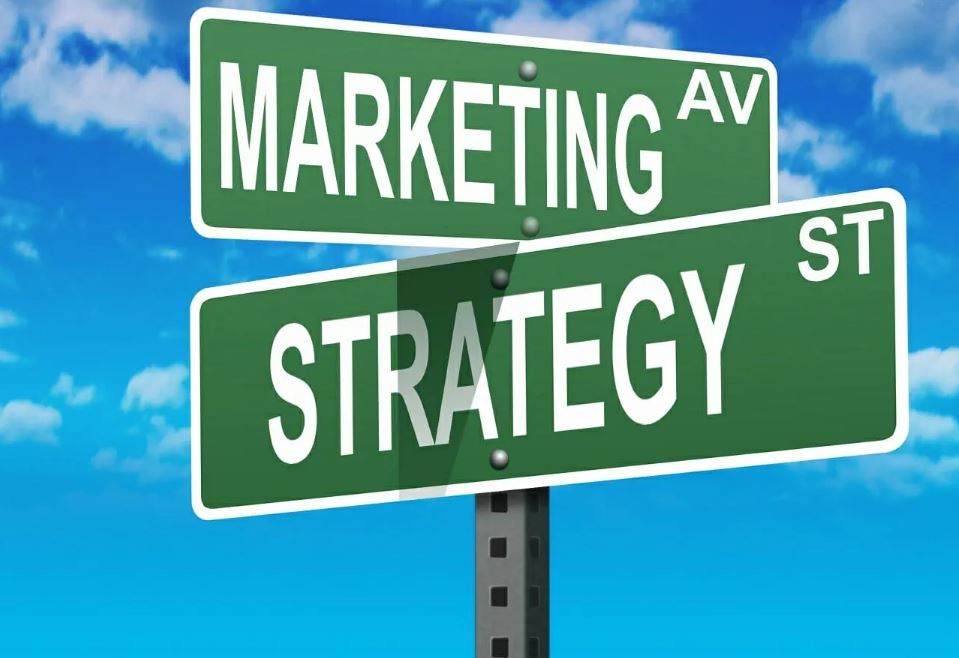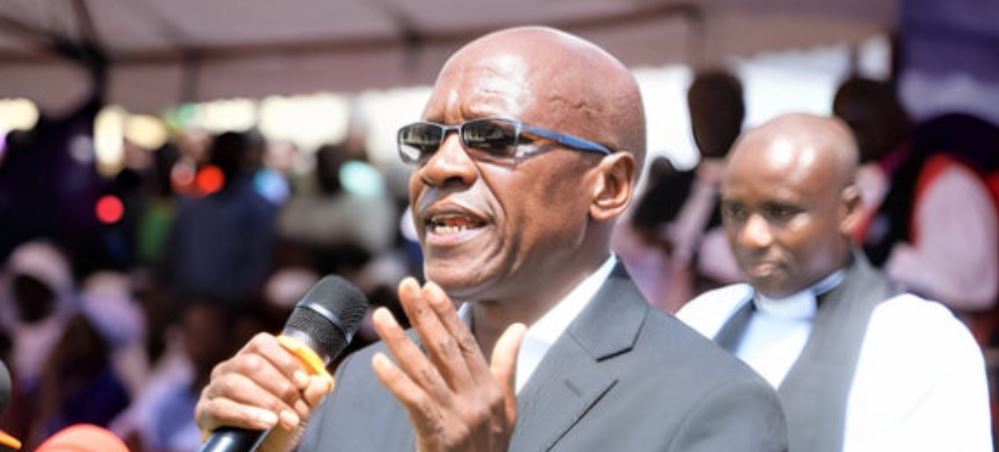
This includes several components including virtual worlds, augmented reality, and the Internet.
The term “Metaverse” can be used to describe the concept that revolves around the future iteration of the internet that will consist of shared, persistent three-dimensional spaces where participants share a perceived virtual universe.
Ways in which the Metaverse will disrupt African Economies
Domination by Tech Companies
While the aim is for the Metaverse to be inclusive cross-border, it cannot be ignored that its development is directed by American firms, which can be an issue for developing African nations.
The metaverse is subject to domination by large technological giants. This is directly attributed to the fact that the concept features extensive economies of scale, requiring large capital to effectively mitigate the risks involved.
Any new technology is prone to trial and error and to offset the risks of new business models, companies will need reliable capital to cover costs of software engineers, neuro-linguistic programming, and several others. This leaves developing nations in Africa trailing behind.
PRO TIP: How to Buy Shares in Kenya
Africans do not have the means to participate
The Metaverse involves components associated with Augmented Reality (AR), Virtual Reality (VR), the Internet of Things (IoT), and several others. The Metaverse is designed for middle- and upper-class people who can afford the technology to participate in this technology.
Many African nations are only just receiving a basic connection to the internet, with connection to other emerging technologies still being years away.
Uncertainty how the metaverse can benefit African communities
Some benefits can be derived from activities such as foreign exchange trading, with retail traders participating in financial markets that can help their native economies.
With the metaverse and the fact that many African economies will not be able to participate, it will serve no purpose to rural communities. Social experiences and interactions with the virtual economy through different platforms, including video games and digital assets, can be slow and it can face a lot of resistance.
Enter Africarare – the First Metaverse in Africa
While the metaverse is new and it may seem intimidating, it should not be seen for all the things that it is not, but it should be seen as an opportunity for African economies to rise to the challenge.
Africarare, the first South African metaverse, is only the beginning of all of this. Africarare is an exciting three-dimensional reality experience that can showcase the best of African creativity.
It can become the perfect platform where African artists can come together, allowing them to reap the benefits associated with digital currencies, non-fungible tokens (NFTs), and the comprehensive digital economy that they form a part of.
The Metaverse can be the perfect barrier of entry to African youth
Mobile internet technology in Africa plays an extremely important role in the digital revolution and the introduction of a virtual environment, which can allow African economies to meet the challenges presented by the metaverse and its requirements for participation.
By leveraging mobile technology, developers in Africa can develop applications and services, allowing for virtual storytelling that is based on deeply-rooted African traditions and values including Ubuntu.
The Metaverse can also be the perfect way to draw in more African youth as they are more capable than other generations to adapt to the fourth industrial revolution, especially considering that the Metaverse can reshape the skills required in the future.








